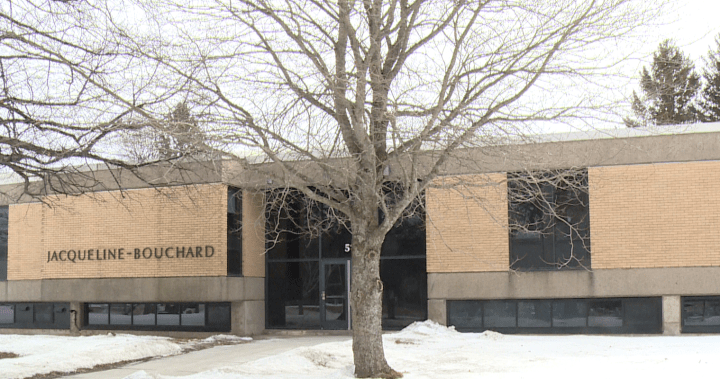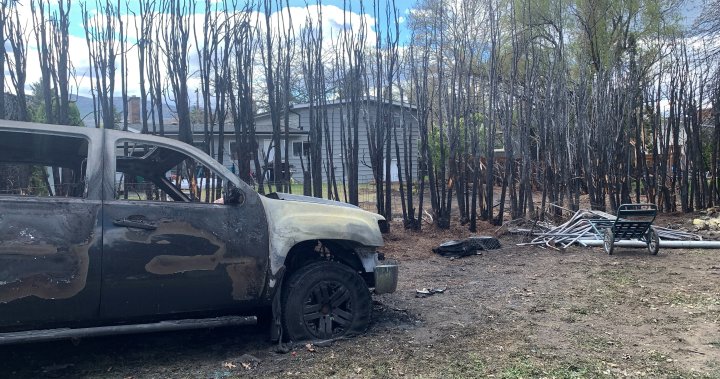The director of Université de Moncton‘s nursing program said that nine years after the introduction of the controversial NCLEX-RN licensing exam in New Brunswick, francophone nursing students often need to write the exam two or three times before passing.
The NCLEX-RN exam was originally created in the United States.
There is no official preparatory material available in French, and the translation of the exam from English to French has been criticized.
Suzanne Harrison said this puts francophone students at a disadvantage, as many anatomical terms or names of medications, for example, are wildly different between the two languages.
“Sadly, some students who did a four-year degree in French had to relearn a lot of things in English to pass the exam,” she said.
When the exam was first introduced in 2015, she said more than half of the nursing students failed it, noting the nursing school had had an excellent pass rate with the previous Canadian-made exam.
Some students choose to write the exam in English in order to be able to use the official prep material with the hopes it will improve their chances of passing.
Get the latest Health IQ news.
Sent to your email, every week.
“There is a discrimination there for francophone students,” Harrison said. “They have to write it in English and it shouldn’t be like that.”
Harrison said the pass rate has since improved due to various factors, like a practice exam created by U de M professors to help students better prepare.
Still, she said students are often using online translation software while studying for or taking the exam, which slows them down and adds an additional hurdle.
She said retaking the exam also creates a financial barrier, as it costs roughly $500 to rewrite the test.
“Every nurse that we can’t send out there with the first try, it impacts the system,” Harrison said, noting the nursing shortages plaguing New Brunswick’s health-care system.
Vitalité Health Network partially attributed its continued use of travel nurses to a shortage of francophone staff.
“The recruitment pool for healthcare professionals is much more limited among Francophones, who are often bilingual, capable of working in either official language, and sought after by many employers,” Vitalité president and CEO Dr. France Desrosiers said in a statement.
Vitalité won’t be able to end the costly practice of hiring travel nurses until at least 2026, when its contract with Canadian Health Labs, a travel nurse agency, expires.
“The shortage of human resources is more significant within Vitalité Health Network, resulting in a lower average number of care hours and a higher number of vacant positions,” the statement read.
Several complaints have been made about the exam to the commissioner of official languages throughout the years.
A 2018 report by then-comissioner Katherine d’Entremont found that the Nurses Association of New Brunswick (NANB), which oversees the accreditation process, violated the Official Languages Act by placing francophone students at a disadvantage due to the poor translation of the exam and the lack of official French prep material.
The NANB applied for a judicial review of the report before withdrawing that application in 2019.
Two complaints were made in the same year, alleging the association hadn’t followed up on d’Entremont’s recommendations to remedy the situation.
In 2021, New Brunswick’s current language commissioner Shirley MacLean said she would investigate those complaints, before the NANB’s request to block the review was granted by a judge.
In July 2023, a decision by the Court of Appeal cleared the way for MacLean to investigate the matter.
The NANB was unable to provide a comment in time for deadline.
© 2024 Global News, a division of Corus Entertainment Inc.




